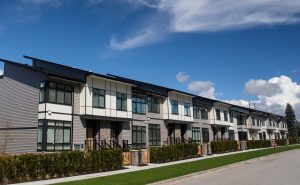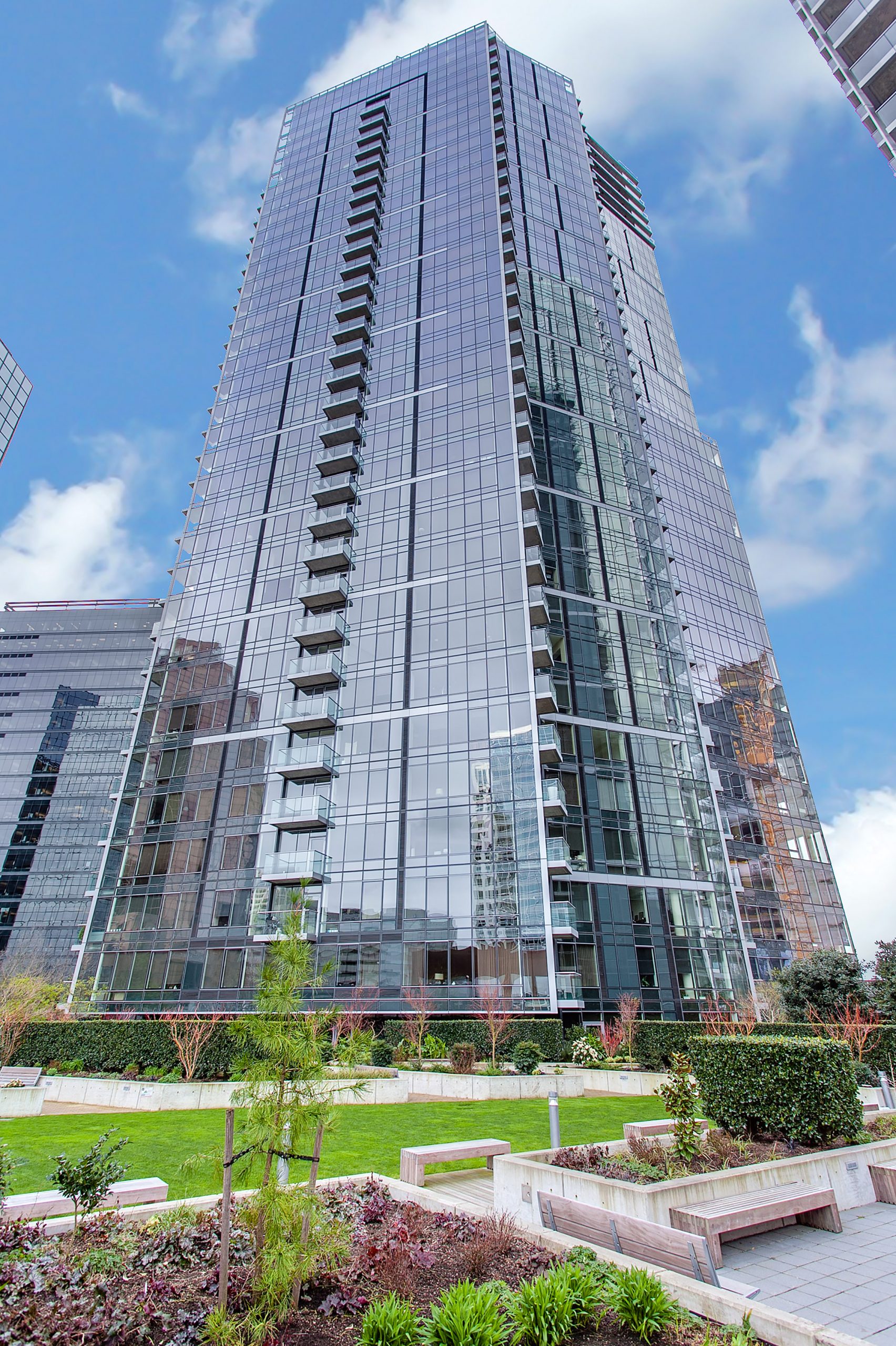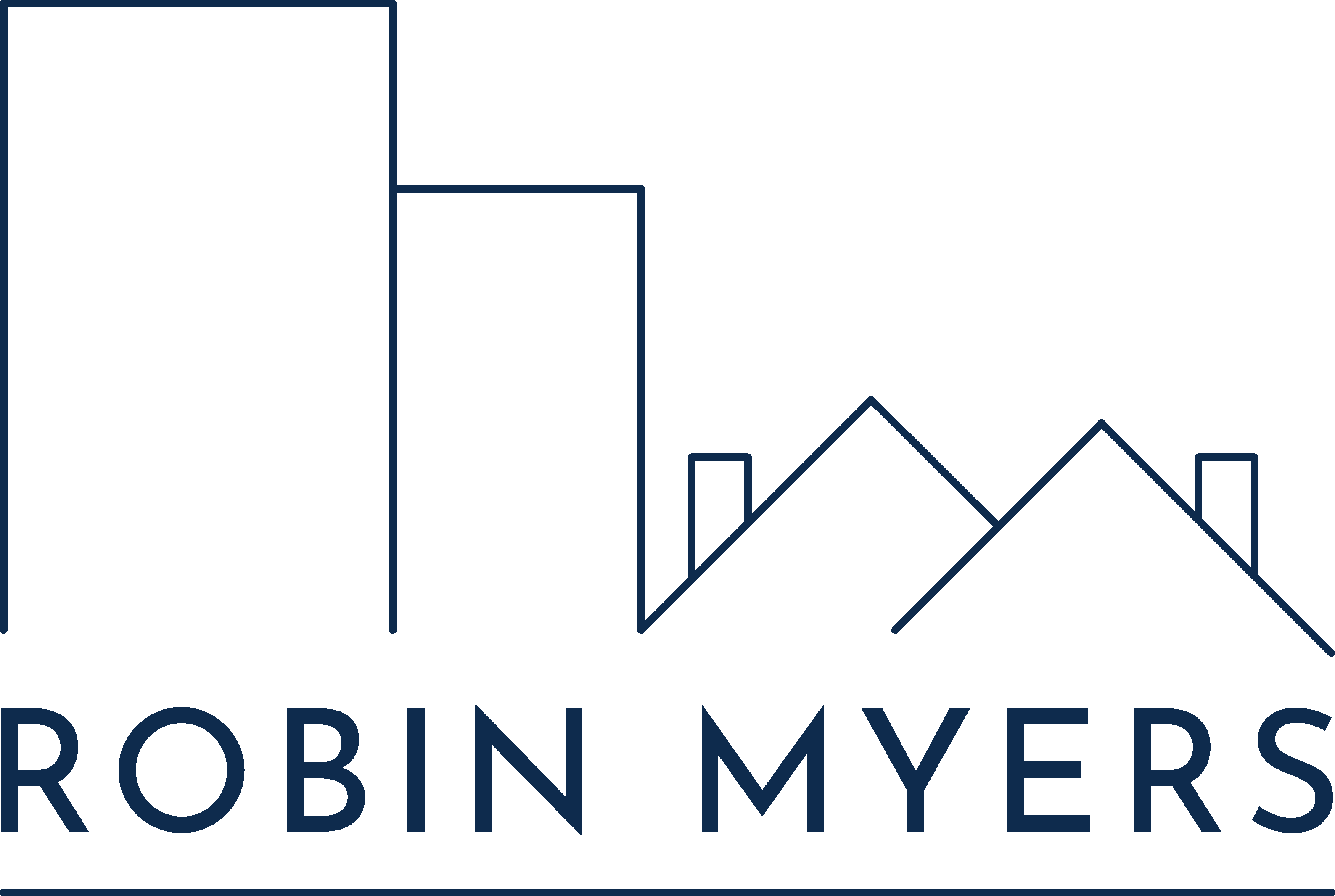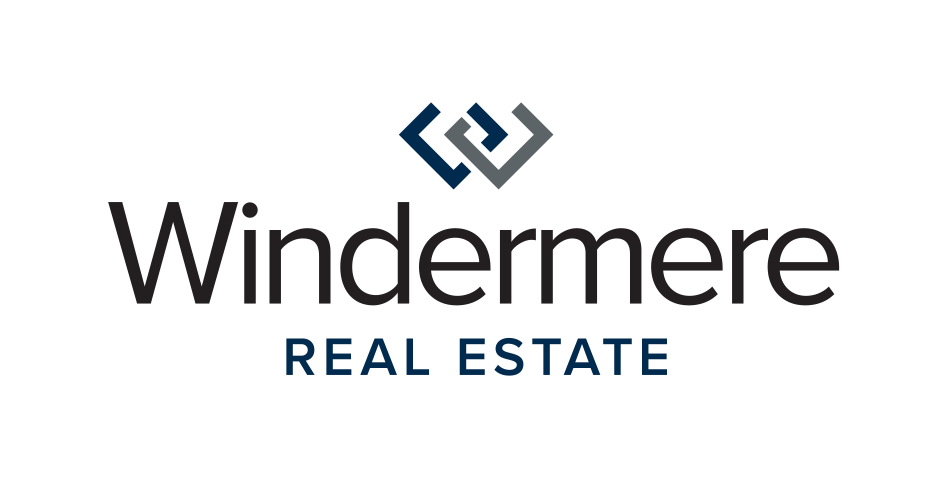Does A Homeowner Association Fit Your Lifestyle?
 Most condominium communities are governed by a homeowner association (HOA) but single family residence communities can also have community associations.
Most condominium communities are governed by a homeowner association (HOA) but single family residence communities can also have community associations.
HOAs are self-governing, made up of homeowners serving/volunteering on a Board of Directors, often with the guidance of a professional association management company hired by the HOA. The association management company oversees repairs/improvements, services and maintenance, accounting, collection of HOA fees and payment of taxes, utilities, repairs, emergencies, etc. The HOA enforces rules and regulations that serve to preserve the appearance, quality and safety of a community.
HOA rules and regulations are designed to maintain a desirable quality of living, a safe environment for owners and guests and protect community property values. While these rules are beneficial for all, not all owners (or tenants) may chose to abide by the rules. If an owner fails to comply with the rules or pay their association dues in a timely manner, there can be financial penalties or legal action by the HOA.
If you purchase a home with a HOA it’s important to review and understand the HOA documents. This package of disclosures, known as a resale certificate, must be delivered by the seller to a prospective buyer within a timely manner (per the contract). The buyer has a specified time frame to review the documents, obtain more information if needed, and approve the resale certificate documents. If disapproved, the buyer may terminate the purchase contract.
Resale certificate documents are pretty dry reading, but contain important information about the community’s financial health and reserves. Meeting minutes can disclose information about the past repair/maintenance history, future capital improvement projects (and potential assessments), rental caps or rental restrictions, lawsuits by or against the HOA or individual owners, etc.
Buyers should be sure HOA rules and regulations don’t impact how they intend to use the property. There may be restrictions regarding pets, driveway parking, home businesses, modifications to exteriors, etc. Buyers should also understand the financial impact of regular HOA fees, as the additional expense will be evaluated by a lender if obtaining a loan to finance the purchase.
The professional association manager and HOA Board of Directors work to ensure the community’s structures and common areas are maintained and attractive, repairs are completed in a timely manner and the quality and value of the community is preserved for the benefit of all owners. Ultimately it is the buyer’s decision whether living within the guidelines of the HOA will be fit their lifestyle.
Condos Come in Many Shapes and Sizes
 There is on one-size-fits-all condominium. Condos can be one level (known as a flat) in a low-rise, mid-rise or high rise building, or an attached or detached multi-level home.
There is on one-size-fits-all condominium. Condos can be one level (known as a flat) in a low-rise, mid-rise or high rise building, or an attached or detached multi-level home.
Condominium actually refers to the form of ownership or the legal description of the property – how it is deeded. With the majority of condominiums, whether a flat or townhouse, you own the unit from the walls-in, and the legal description or deed designates the property as a condominium. When you purchase a condo it is individual ownership, like a single family home, but you only own the interior which includes walls, floors, fixtures, etc. Condo owners pay property taxes and insure only their individual home.
Condos have individual ownership but there will be shared ownership of common areas such as hallways, lobbies, parking structures, roadways, pools, playgrounds, community spaces, etc. Typically a homeowner association and often a property management company maintains the common areas. Owners pay a monthly assessment (homeowner dues) to cover the management fee, maintenance, master insurance policy, reserves for future repairs, utilities, common area property taxes, etc.
Townhouses sometimes blur the lines. Most are condominium ownership, but in some communities townhomes, whether attached or detached, can be deeded as single family homes. Depending on the governing documents of the community, owners may own the building and the land beneath the structure. In this case, depending on the legal description and governing documents, the owner may be responsible for the maintenance and related expenses for the building and the land.
Before purchasing a condo it is important to understand how the ownership is structured, whether there are regular monthly assessments, what those assessments cover and if a homeowner association and/or professional management company oversee the maintenance of common areas, limited common areas, building exteriors, amenities, etc.
Living in a condominium is different than a single family home. There may be some compromise on privacy and space, but condos generally offer a more maintenance free lifestyle. There are often sought-after amenities such as parks, pools, designated pet areas, sport courts, etc. that you wouldn’t have with a single family house. There may also be rules and regulations regarding exterior alterations, pets, parking, etc. If a low maintenance lifestyle is appealing a flat or townhouse could be the right home choice.
It’s Spring – Time for the Kelsey Creek Farm Sheep Shearing Event
The annual sheep shearing event is scheduled for this weekend. On Saturday, April 26th from 11:00 AM to 4:00 AM head to Kelsey Creek Farm Park for a fun day of activities, events and live sheep shearing.
Demonstrations will show how sheep are sheared and how wool is collected, processed and used to make garments. The shearing also helps the sheep stay cool during warmer months.
Did you know . . . on average each sheep provides six to ten pounds of wool annually.
You’ll also find pony rides, tractor-pulled wagon rides, farm animals and many other activities. Spinning techniques will be demonstrated so visitors can see the full circle process of how raw wool becomes a finished product for clothing. The event is free – food is available for purchase.
There’s free parking and shuttle service from Wilburton Park-and-Ride (720 114th Avenue SE) and Bannerwood Sports Park (1790 Richards Road)
Selling a Home? How Important is Staging?
Early in my career home staging was rare and typically used only in high end properties. Professional photography wasn’t common either – most brokers took their own marketing photos.
Today online is almost always the first exposure buyers have to a new listed home. Hiring a professional photographer is a requirement, rather than an option, and staging has become more common regardless of price.
If a home is occupied staging can be as simple as decluttering or depersonalizing a home. Removing excess artwork, decor and furniture, personal photos, pet items, hobby items, toys, etc. can help potential buyers envision themselves living in the home rather than the current owner.
If a home is vacant staging takes home prep a step further. A designer will bring in neutral furniture, decor and art specifically chosen to fit the style of the home and interior spaces along with soft staging items for the kitchen and baths. Staging can make an empty home feel warm and inviting.
Staging doesn’t have to be expensive . . . a homeowner can stage their home for the market by completing updates/upgrades/repairs. A quick refresh can be completed in a few weekends – fresh interior or exterior paint, update light fixtures inside and out, landscape clean-up, update kitchen and bath plumbing and/or cabinet fixtures, clean/replace carpet, clean out and pack closet and garage clutter, etc. Minor repairs and updates go a long way toward improving the presentation and appeal of a home.
For vacant homes, staging provides buyers with a vision of how they could live in the home. Staging can set a vacant home apart from other properties and often reduces the time a home is on the market. The staging designer selects furniture to specifically fit a room size and layout and enhance the best use of the space. While the whole house can be staged, it’s common to see living and dining spaces staged, outdoor living areas to draw a buyer’s interest outdoors and “soft” staging in kitchens and bathrooms.
Professional staging is a valuable marketing tool but can be expensive. The cost includes the designer’s fee, charge to deliver, move in and set up the furniture and decor and the cost for move out after a home has sold. There is also a monthly rental charge for the furniture and artwork placed in the home.
Virtual/digital staging is another option and less expensive. Furniture and decor is digitally added to the professional photos giving the appearance of being furnished. It should, however, be disclosed that a home has been virtually staged.
If you’re getting ready to sell your home, talk with your real estate broker about the benefits, pros and cons of staging.
Bellevue Towers – Just Sold
• Bellevue Towers offers a walkable, dynamic urban living experience.
• 1,575 SF residence offers 2 bedrooms/2 baths + corner den with a
southern exposure and expansive floor-to-ceiling windows.
• Unique to this community is a private half acre park offers expansive
lawn space, walking paths, water features, outdoor fireplace and large
patio.
• Indoor amenities include state-of-the-art fitness studios, spa and cold
plunge pool, private dining and screening rooms, a game room and
multiple gathering areas and access to rooftop gardens.
• 24/7 concierge in each tower, secure building & garage.
SOLD – $1,425,000
RobinMyers
Condominium Specialist
What’s the Expected Local Impact of Recent Tech Industry Layoffs?
There’s been a lot of media coverage in the last six weeks relating to local and national tech industry layoffs. The Pacific Northwest has a significant tech industry presence, not just all the major players but also many smaller but successful start-ups What impact can we expect in the Seattle and Eastside economy and housing market as a result of these layoffs?
Matthew Gardner, Windermere’s Chief Economist, doesn’t anticipate significant change as we move through 2023. Take a look at his thoughts on the local economy and housing market.

 Facebook
Facebook
 X
X
 Pinterest
Pinterest
 Copy Link
Copy Link










